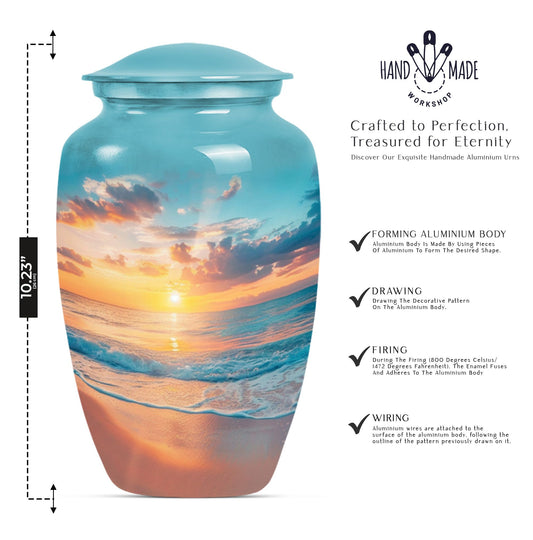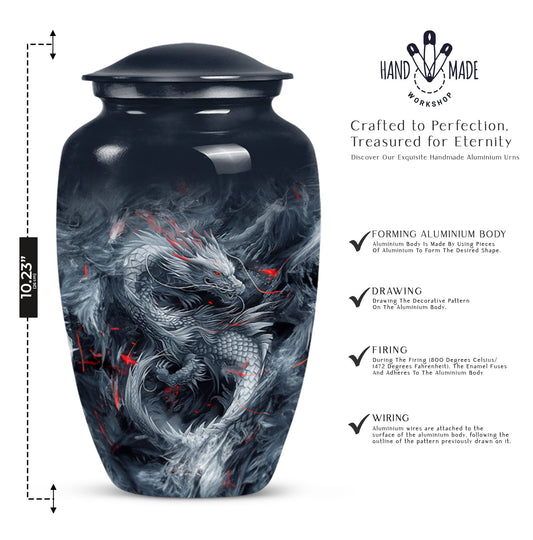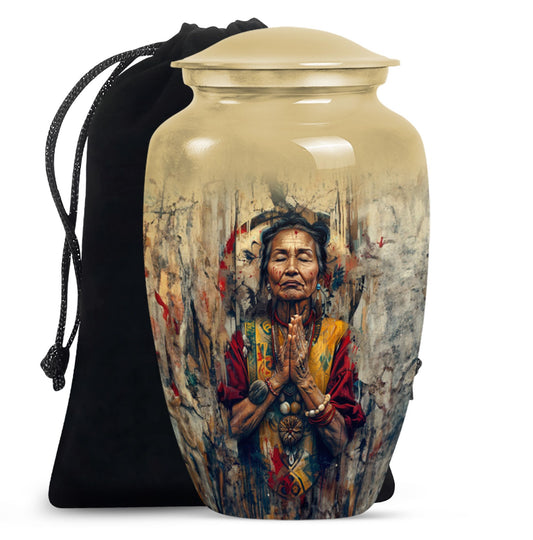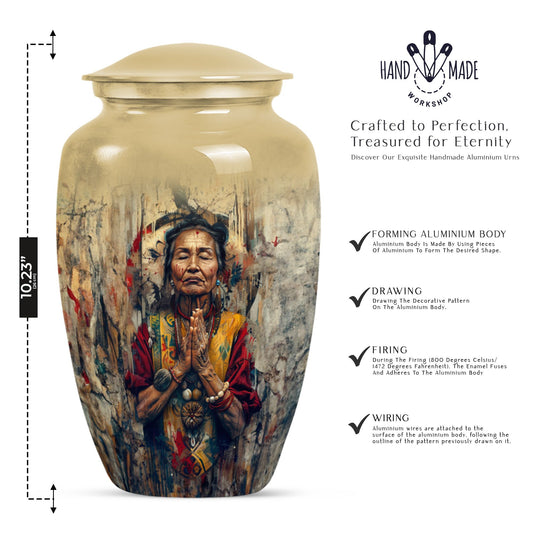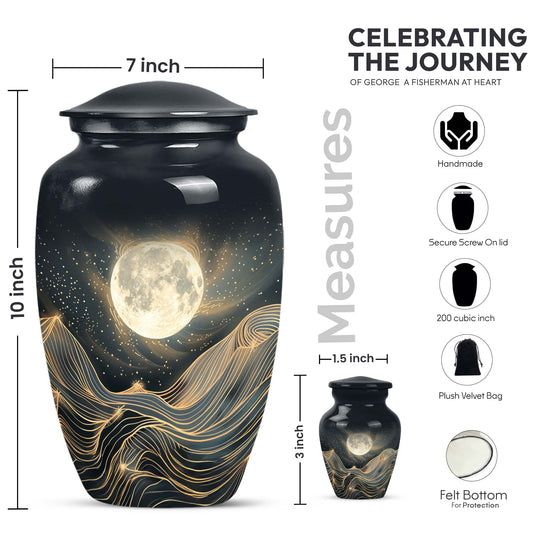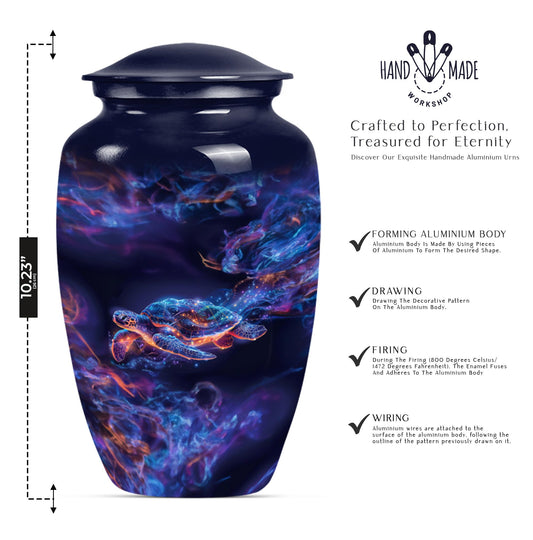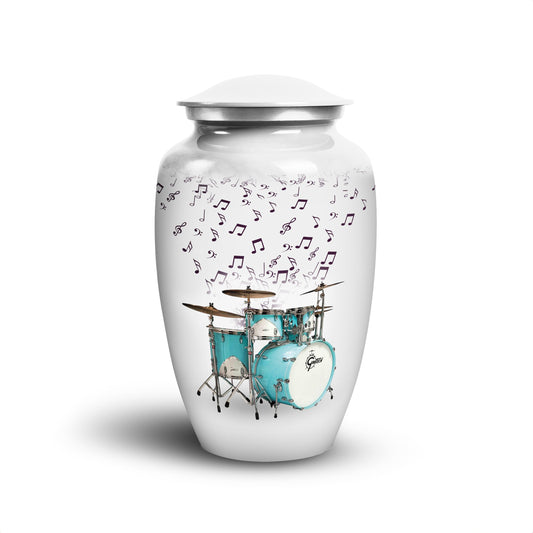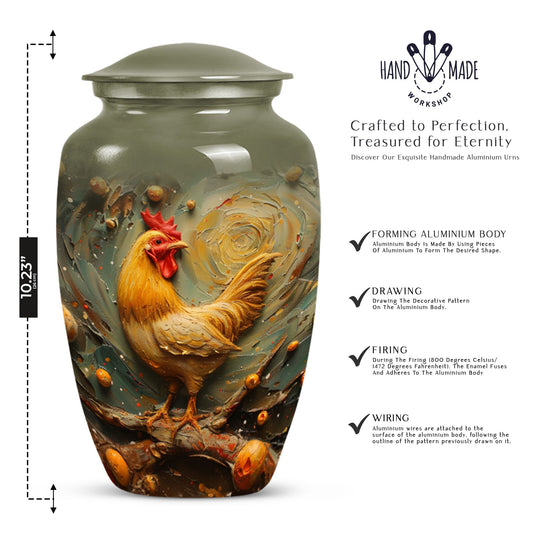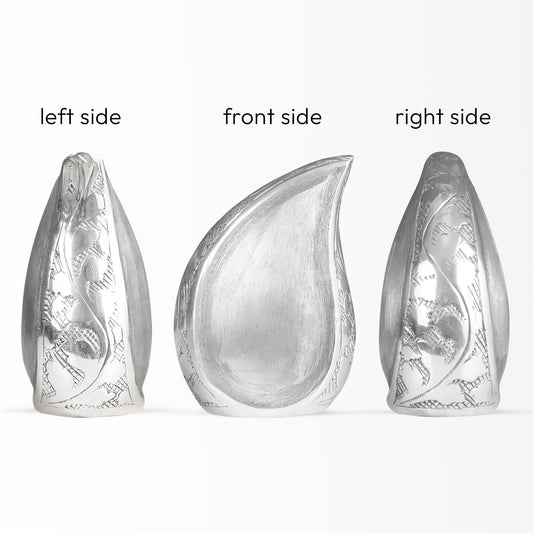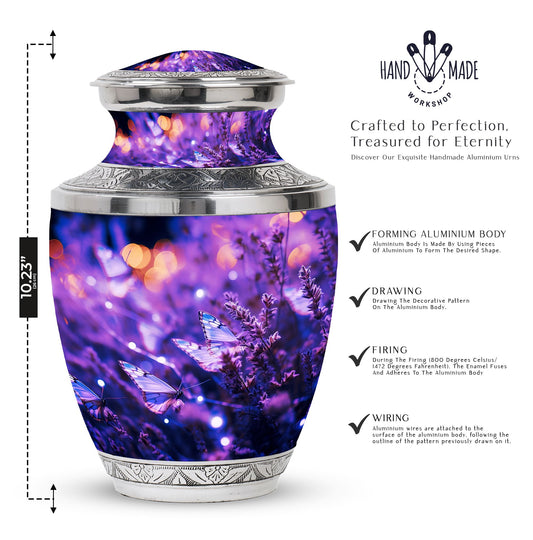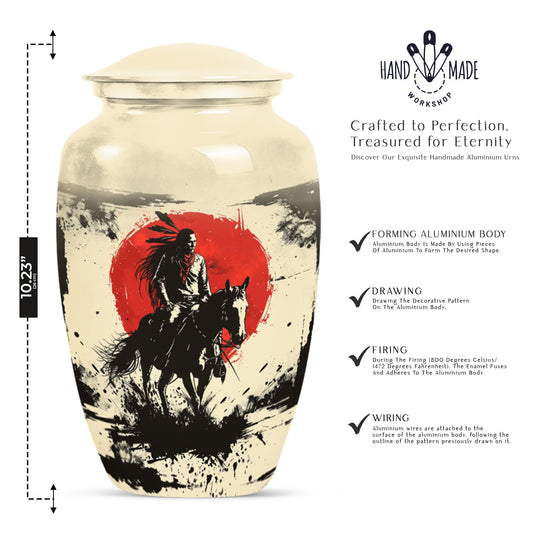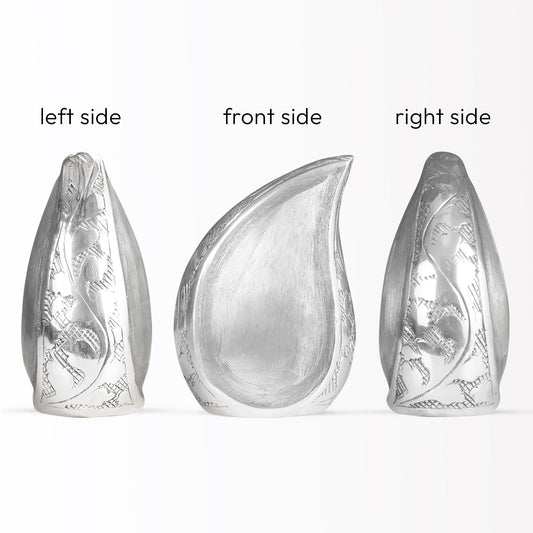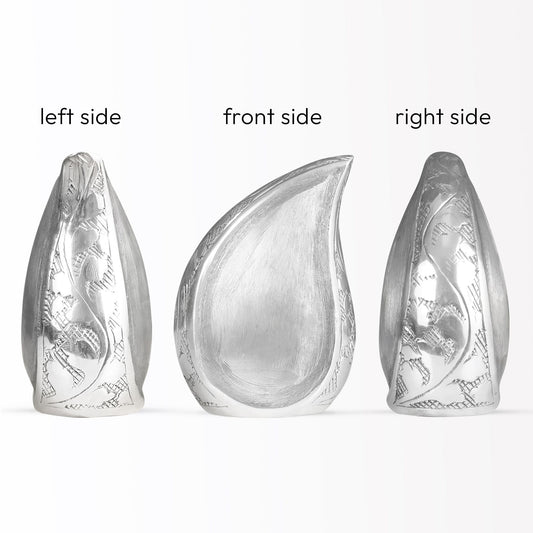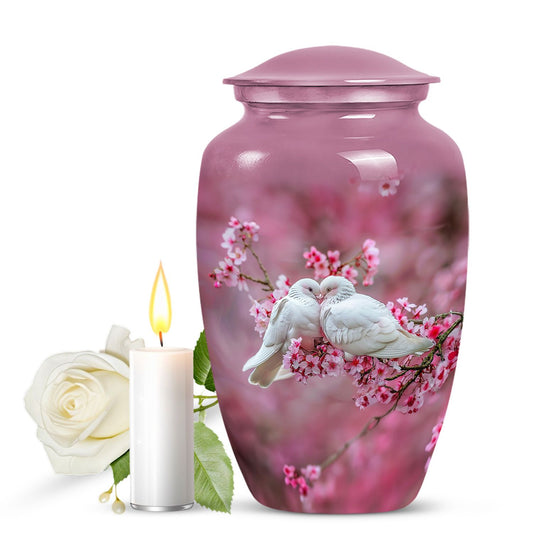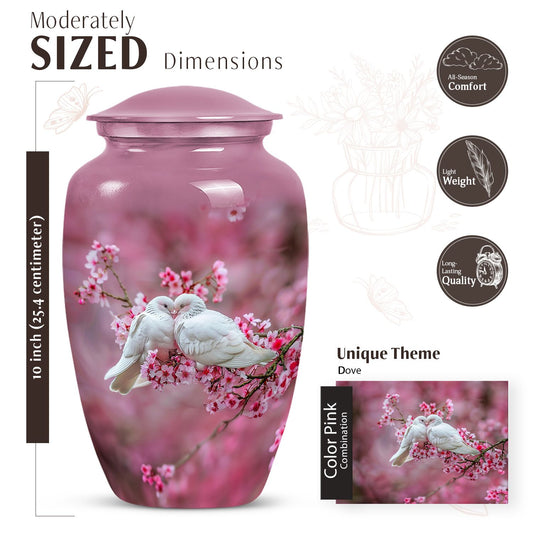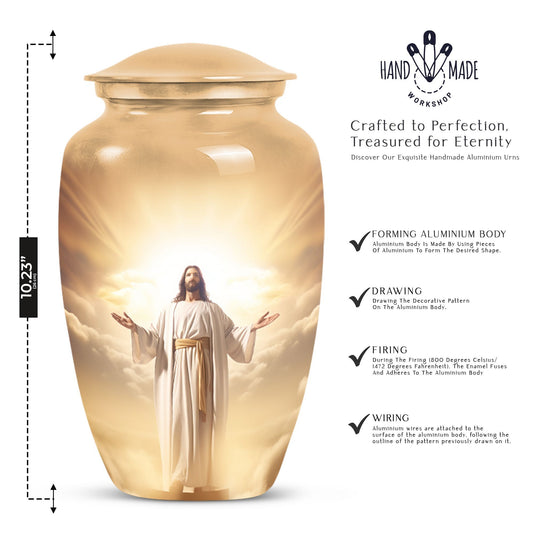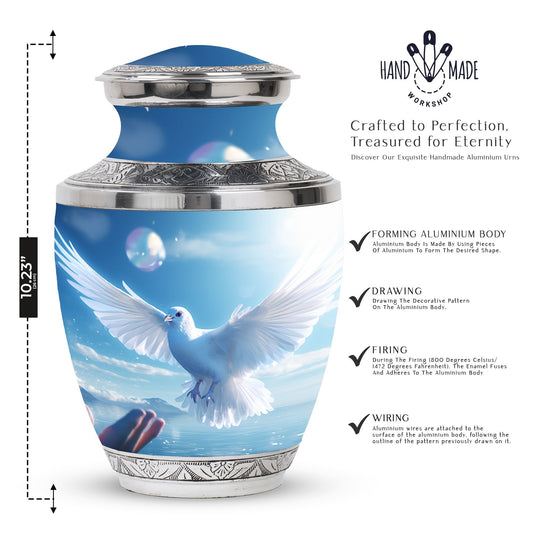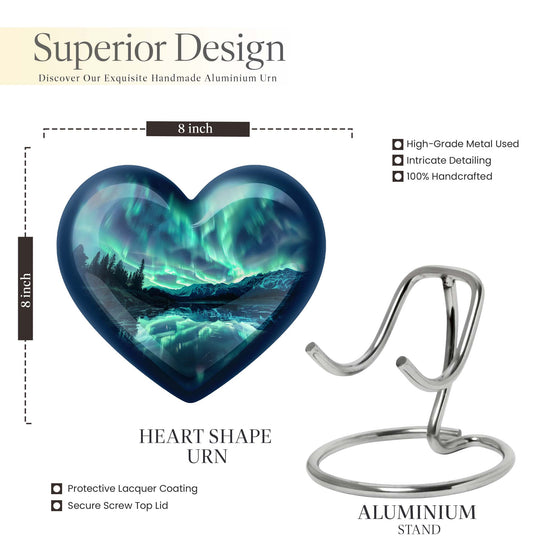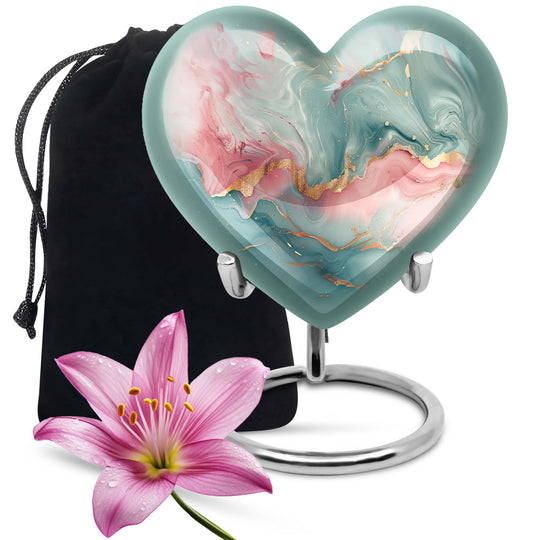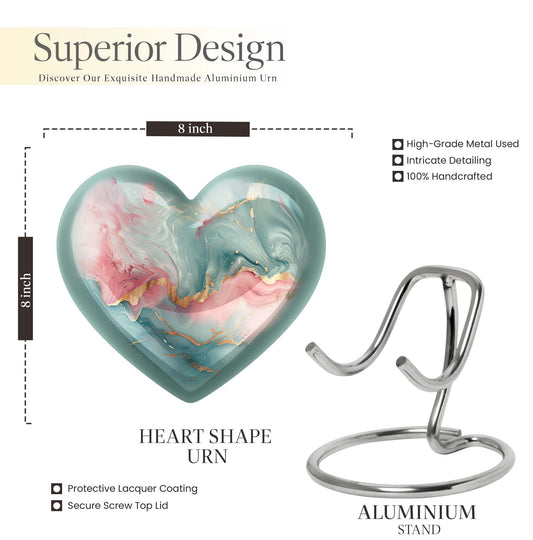Popular Urns
Discussing Cremation with Your Family

Discussing The Aspects Of Cremation:
The death of a loved one is a very emotional experience, often coupled with important decisions over how to honor their memory. Among these decisions, cremation is a choice that many families are considering. However, discussing this option with other family members is always difficult, especially with differing beliefs and emotions.Care must be taken to create communication that would honor the final wishes of a loved one while keeping the family harmonious.

When someone prefers to be cremated, usually the conversation starts with a loved one stating this as a preference for disposition. The topic should therefore be approached with compassion and respect for their desire. For many individuals, cremation aligns with personal, spiritual, or practical considerations such as environmental concerns, religious beliefs, or financial affordability.
With those intentions clearly expressed, family members should strive to respect wishes, recognizing that this is a final choice of how the deceased wanted their life to be commemorated. Sometimes, however, this revelation can sometimes be awkward for family to discuss cremation.
In some cases, family members hold traditional or cultural and religious views that prefer burial. At such times, an open space should be created where all can be heard. Such discussion should begin from the very personal reasons the loved one would give for cremation and should stress their right to make that decision.

Family members should then have their say on the issue at hand while drawing attention to mutual respect rather than battle. That helps dispel certain myths or 'creeping dread' about the whole process. Most people are not much aware of what cremation is all about or what options exist for memorialization.
Telling family members that ashes may be interred, scattered, or kept in a meaningful way can help them envision how this process is still capable of being deeply personal and reverent. It can also comfort and bring acceptance by exploring some of the creative memorial options: biodegradable urns, cremation urns and jewelry, or planting trees and ashes.
Practical planning can further smooth the discussion. If the loved one left a will or pre-arranged funeral plans, these documents should serve as a guide, reducing uncertainty about their preferences. If no clear plan exists, the family can work together to create a compromise that honors the deceased while addressing everyone’s feelings.

Including a mediator, such as a funeral director or clergy member, can provide impartial guidance and help resolve disagreements.
Ultimately, it means discussing cremation in ways that balance the deceased's wishes with the family's emotional needs. The discussion may not be easy. However, an empathetic and patient approach can help strengthen familial bonds even in moments of grief.
Focusing on their core values, legacy, and love opens up families to finding common ground, allowing them to create a meaningful tribute to and memorial of their loved one. Honoring the final wishes of a loved one is to show respect for their autonomy and to celebrate the unique journey they have in this life. The act of coming together to discuss and carry out these wishes, despite differences, is, in itself, a deep expression of love and unity-a way of keeping their spirit alive within the hearts of those they leave behind.
ALSO READ:
Who has the Right to Ashes After Cremation


